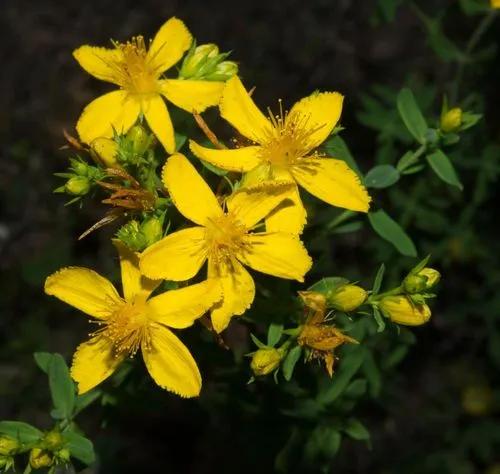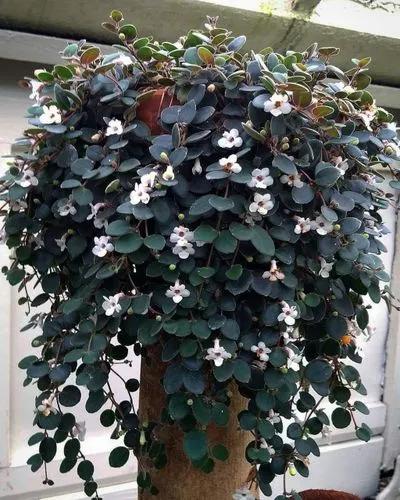Prunus virginiana, commonly called bitter-berry, chokecherry, Virginia bird cherry, and western chokecherry (also black chokecherry for P. virginiana var. demissa), is a species of bird cherry (Prunus subgenus Padus) native to North America.
The natural historic range of P. virginiana includes most of Canada (including Northwest Territories, but excluding Yukon, Nunavut, and Labrador), most of the United States (including Alaska, but excluding some states in the Southeast), and northern Mexico (Sonora, Chihuahua, Baja California, Durango, Zacatecas, Coahuila, and Nuevo León).
Chokecherry is a suckering shrub or small tree growing to 1–6 m (3 ft 3 in–19 ft 8 in) tall, rarely to 10 m (32 ft 10 in). The leaves are oval, 2.5–9.0 cm (1.0–3.5 in) long and 1.2–5 cm (0.5–2.0 in) wide, with a serrated margin.
The flowers are produced in racemes 4–11 cm (1.6–4.3 in) long in late spring (well after leaf emergence). They are 8–13 mm (0.31–0.51 in) across.
The fruits (drupes) are about 6–14 mm (0.24–0.55 in) in diameter, range in color from bright red to black, and possess a very astringent taste, being both somewhat sour and somewhat bitter. They get darker and marginally sweeter as they ripen.










